This is part 1 of the Early Church History class.
Introducing Early Church History
Get answers to questions, like: Did early Christians prophecy and perform miracles? How do I research church history for myself? How did heaven replace paradise on earth? What happened to the Jewish Christians? How did the Trinity become mainstream? How did Constantine affect Christianity? Who were Dynamic Monarchians? Who were the Gnostics? And so much more…
Some people believe the strand of Christianity that eventually merged with the government and became dominant is the authentic original form. Others believe Christianity got off track immediately after the first century and has not been restored until recent times. This class will put you in touch with what really happened. As it turns out, there were quite a few Christian groups that competed for adherents in the first few centuries. Some of these groups maintained key New Testament beliefs and practices while others mutated under pressure from philosophy, society, and the government. This class will cover what happened in the main Christian groups in the first five centuries of our history in Europe, Africa, and Asia.
Part 1: Christianity in the First Century
In this episode you’ll learn why Church history matters, why primary sources are king, and how historical dating systems work. In addition to introducing this class, we’ll also briefly cover the life of Christ and the early growth of the church in the Greco-Roman world. Lastly, we’ll look at early persecution, including the fire that decimated Rome and the emperor Nero’s viscous pogrom of the Christians in that city.
Listen to this episode on Spotify or Apple Podcasts
—— Links ——
- Access the class on the historical Jesus on the web, Apple Podcasts, Spotify, or YouTube.
- Check out the church history class on the last 500 years (from Martin Luther to Joel Osteen) on the web, Apple Podcasts, Spotify, or YouTube
- More Restitutio resources on history
- Support Restitutio by donating here
- Join our Restitutio Facebook Group and follow Sean Finnegan on Twitter @RestitutioSF
- Leave a voice message via SpeakPipe with questions or comments and we may play them out on the air
- Intro music: Good Vibes by MBB Attribution-ShareAlike 3.0 Unported (CC BY-SA 3.0) Free Download / Stream: Music promoted by Audio Library.
- Who is Sean Finnegan? Read his bio here
—— Notes ——
Why should you care about Church history?
1. avoid mistakes of the past
2. become inspired by heroism
3. get guidance and encouragement
4. trace doctrinal developments
5. enable you to do your own research
6. see your hidden presuppositions
Dating Systems
– BC = before Christ
– BCE = before common era
– AD = anno domini “the year of our Lord”
– CE = common era
For more on the life of Christ, see The Historical Jesus class on lhim.org
Major Events in First Century Christianity
– John the Baptist
– Ministry of Jesus Christ
– Death, Resurrection, Ascension
– Organizing in Jerusalem
– Scattering to Phoenicia, Cyprus, and Antioch
– Philip at Samaria
– Peter at Lydda, Joppa, Caesarea
– Paul at Cyprus, Turkey, Greece
– Paul at Crete, Sicily, Rome
Greco-Roman World
– Greek language
– Greek gods (though the Romans gave them new names)
– Greek philosophies (Stoics, Epicureans, Cynics)
– Roman government (Latin as official language)
– Roman culture
The Fire of Rome (AD 64)
– Emperor Nero Claudius Caesar Augustus Germanicus (aka Nero)
– July 19, 64 a fire broke out in Rome at shops near chariot stadium
– roughly 2/3 of the city destroyed
– Nero blamed the Christians, torturing and executing many
– This is probably when Peter and Paul died in Rome
– Even though we were so viciously persecuted, we did not stop believing nor did we stop spreading the gospel in Rome and in the Roman Empire
Review
– Church history matters
– Primary sources are king
– Dating systems
– Life of Christ
– Growth of the Church
– Greco-Roman World
– Persecution

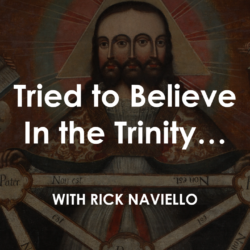
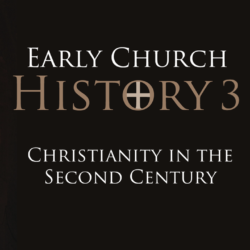

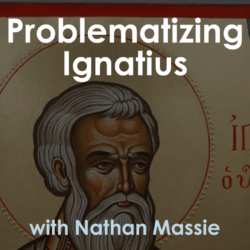
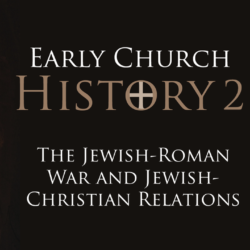
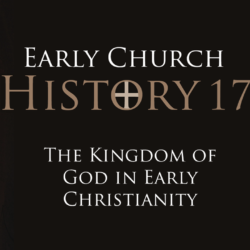
Can you provide a list of key sources for this lecture?
I’ve just finished the entire series, and I have to say this was probably the best presented historical breakdown of the church that I’ve seen in one place. Fantastic job, historically accurate, and wide ranging in scope and coverage. Presented graciously and well, I was impressed at the depth of the study. Thank you, keep up the fantastically good work.